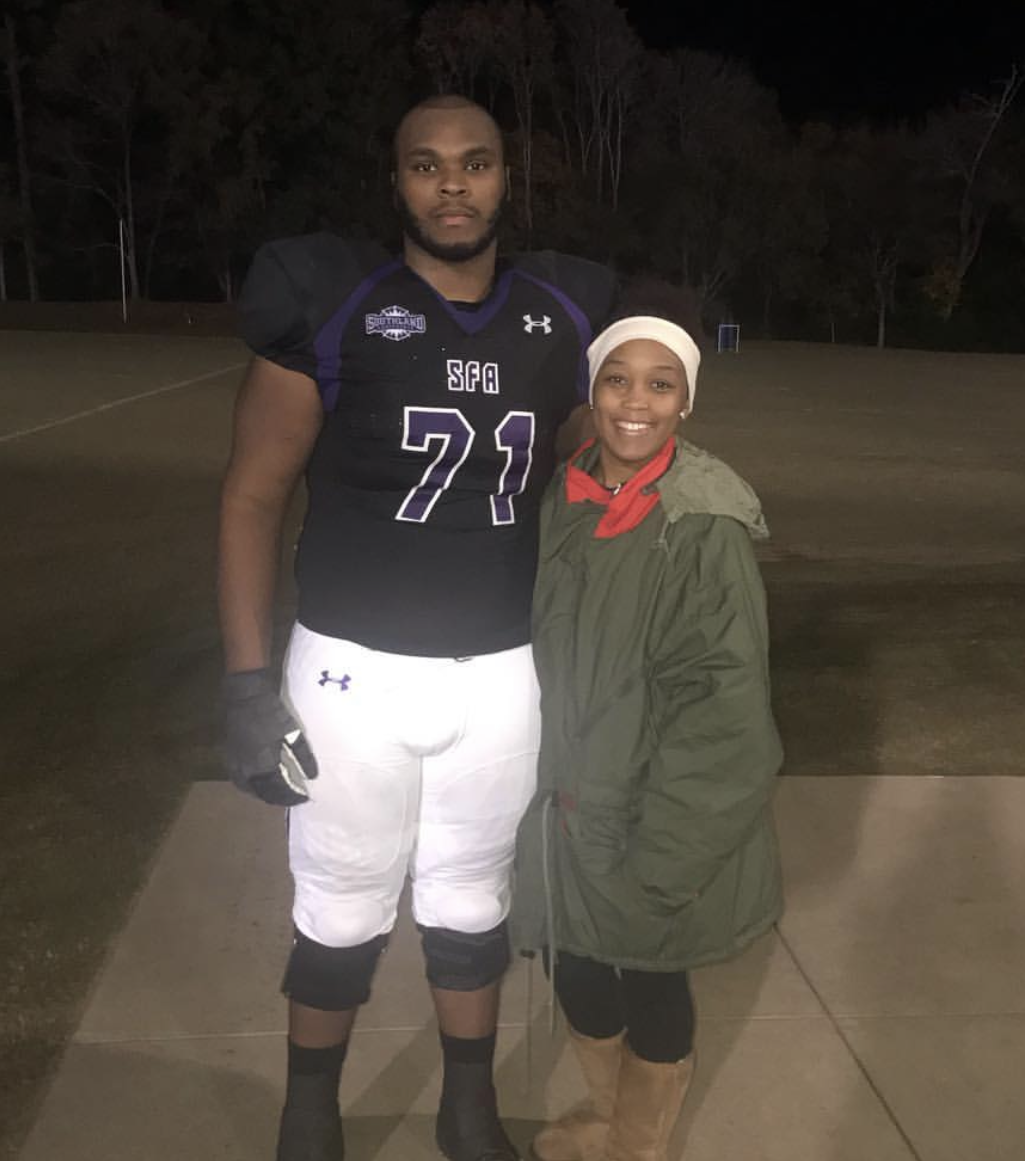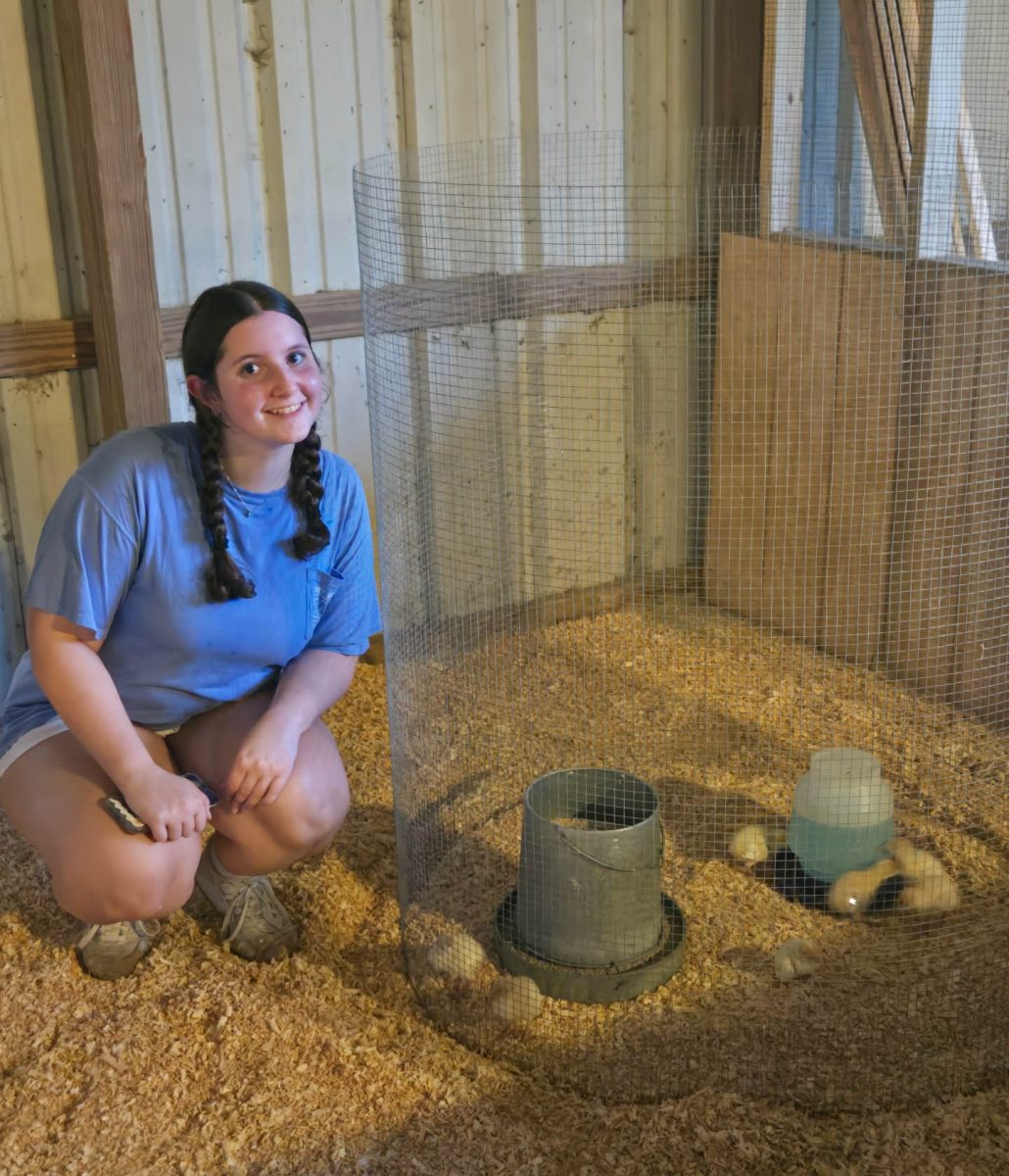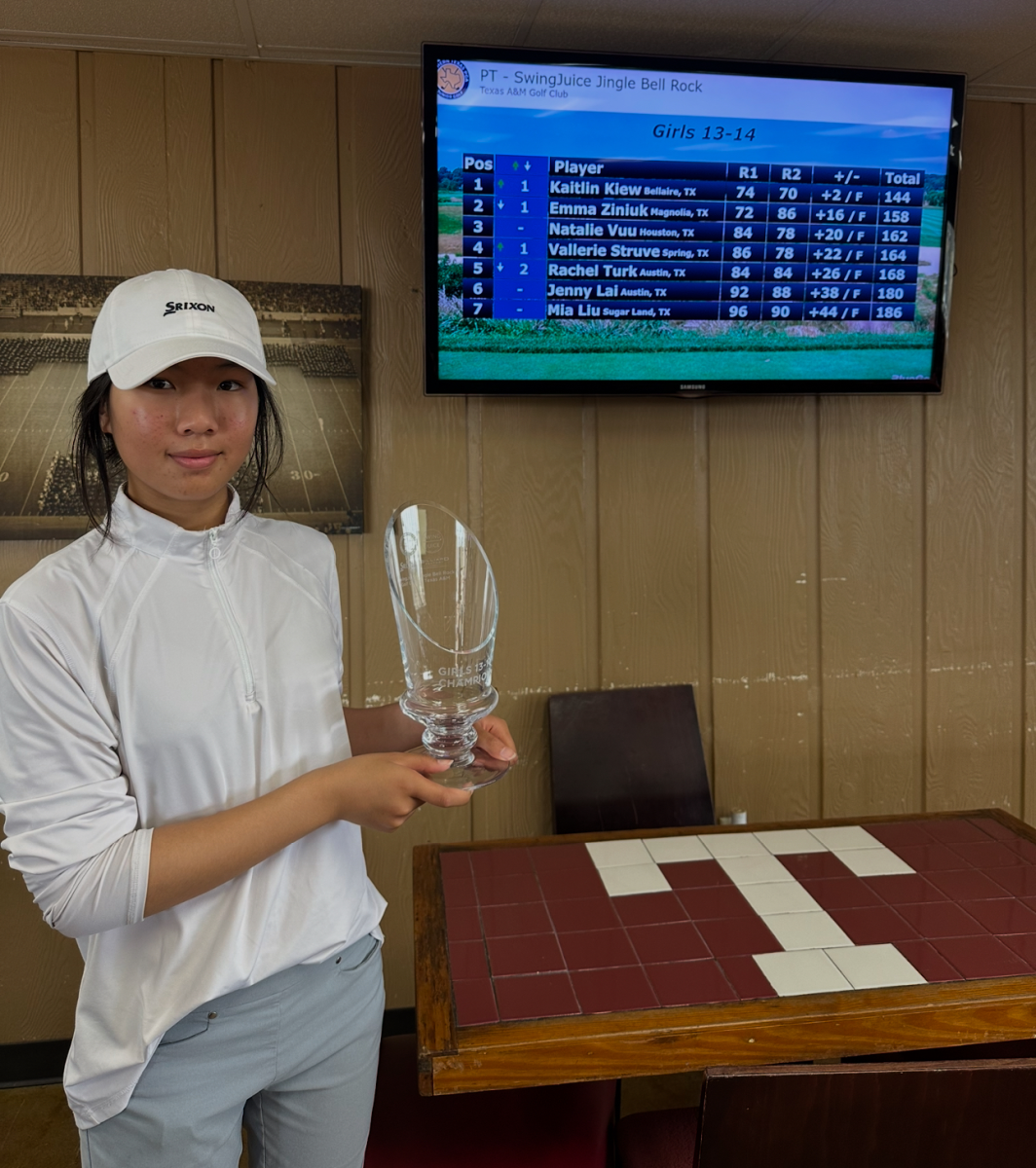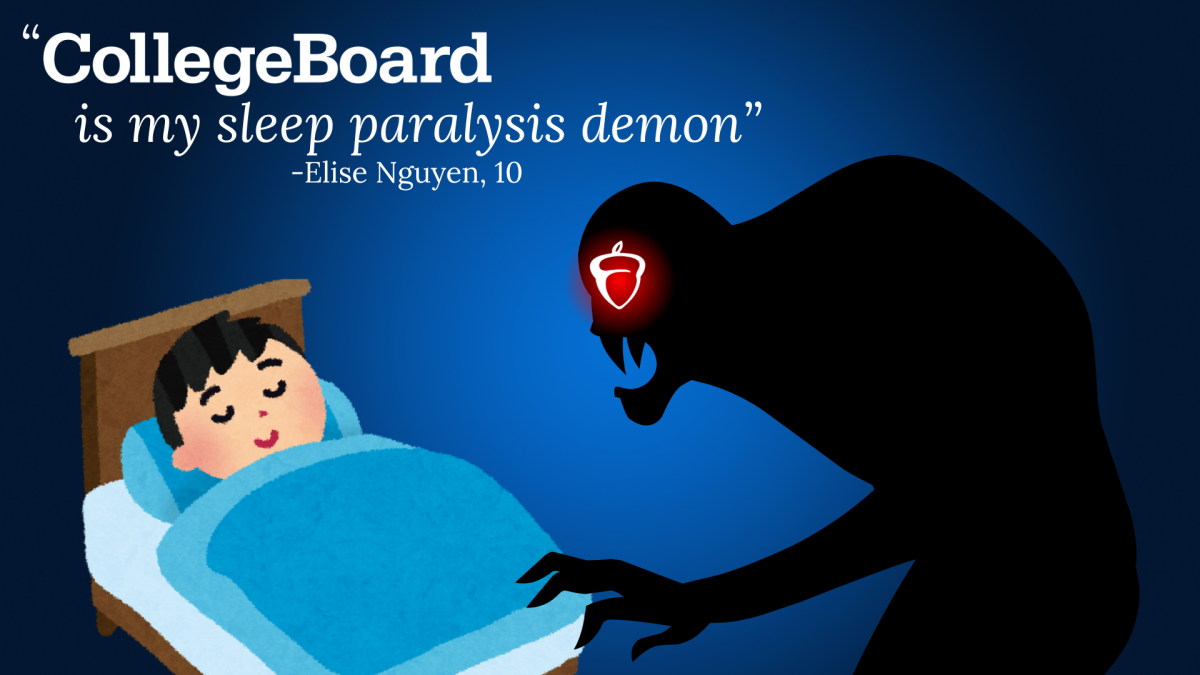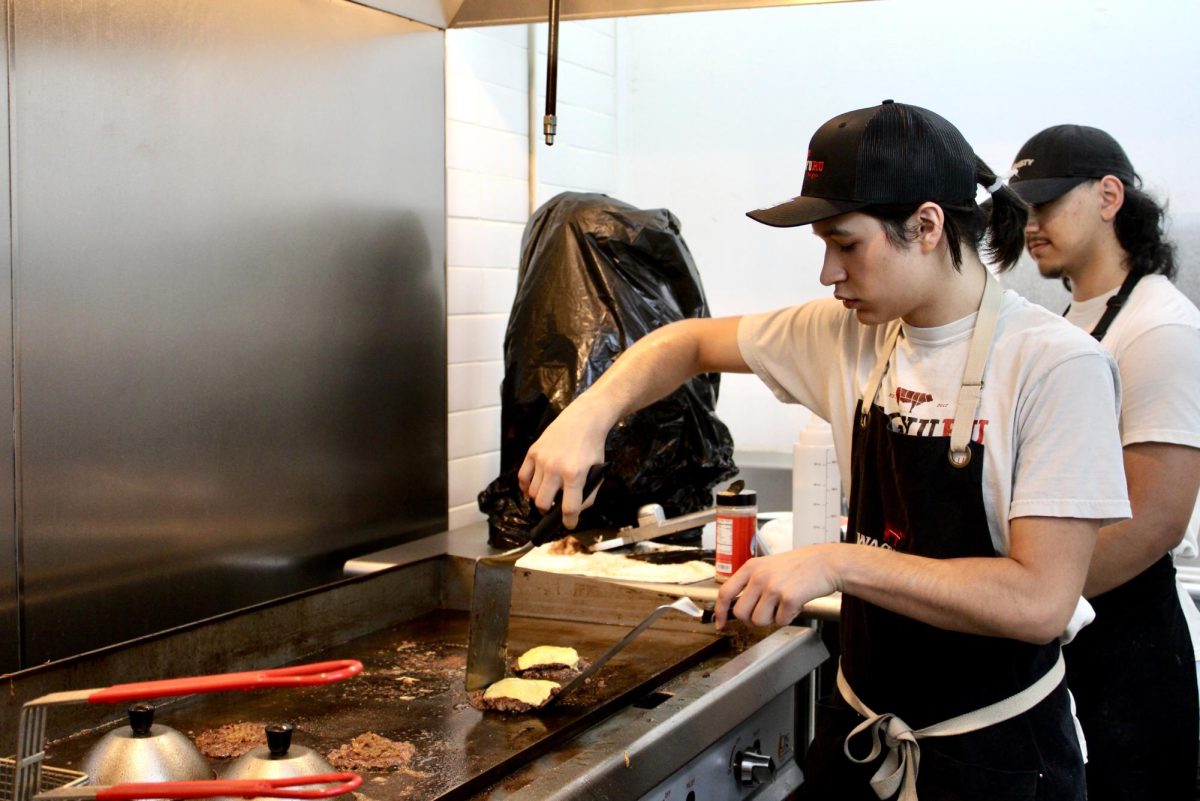Junior Feifan Liu qualified for the Ronald Reagan Great Communicator Debate Tournament by winning second place at the Great Communicator Regional Pacific Northwestern tournament on May 4. Being a national qualifier, Liu will receive an all-expenses paid trip to the Ronald Reagan Presidential Library in California, a $1500 minimum scholarship and the opportunity to compete for the title of national champion and a $10,000 scholarship at the national tournament on June 22. He shares his experience qualifying for the national tournament and within debate.
Q: What was unique about participating in this presidential debate tournament versus other forms of debate?
Liu: [Reagan] debate is a lot more casual and conversational. I [treated it] like speaking to normal people. Normally I do Public Forum, which is a lot more technical. [In Public Forum,] if your argumentation is really bad and you’re making points that don’t really make sense, you’re going to lose most of your rounds. [For Reagan debate,] there’s more of a narrative. In every round, I was [focusing] on each of [my opponent’s] arguments. What is the main issue with it? [How can I] make that a narrative?
Q: What do you think you learned from the overall experience?
Liu: I learned that speaking is very important for real life. You can get a lot of opportunities. If you just know how to speak in front of an audience, you can go pretty far. I debated six rounds, and now, I’m getting a ton of opportunities for it. Speaking well [can help you] make a lot of friends and connections. [Persuasive] speaking translates to giving good interview answers, [and] into business. I am pretty good at giving presentations, giving speeches [and] talking to people. This presidential style debate [also] definitely translates over to being a good leader and having people like you.
Q: What do you feel like was your biggest challenge throughout the tournament?
Liu: I didn’t really have a negation case until the morning of. I was better than most of my opponents, but I had to be able to defend my arguments too. No matter how well you speak, if your judge is relatively intelligent, they’ll start being able to tell that you are just talking and not really saying anything. It was a challenge to create my arguments [and] figure out something that was actually good.
Q: Why do you debate? What aspects make it appealing?
Liu: I could say something cliché like it teaches us how to speak in the real world and gives us life skills. That’s part of it. Being able to research and talk to people is important. But the activity itself is also meaningful, like having friends, spending time with people and meeting new people. I’m pretty competitive, so I like winning. I’ve been in the activity so long, I can’t imagine myself out of it. Opportunities like getting scholarship money and being able to go places are [also] really cool.
Q: What advice would you give to someone who wants to speak better?
Liu: Persuade your audience. Honestly, I don’t even think you need your audience to know what you’re saying. You just need to make them think that you’re smart and look up to you. [Out of] the three appeals, I think ethos and pathos are more important. Slow down, make eye contact and be confident. Even if you’re saying the same words, even if it’s very subtle, if you’re not confident, judges can tell. Just speak more and be conscious of what you’re saying. Record yourself and listen to it. You notice how you speak and can improve. You [can also] incorporate funny jokes [and] changes in tone. If you just hear somebody talk on and on and on, you’re gonna get kind of bored. You can escalate and you can [relax] at different parts. It’s like rising and falling action in a book.
Q: How are you going to prepare for the national tournament?
Liu: I’m going to research the topic, write a strong case that’s really persuasive and pitch it to my parents or debate class. I’ll think of some jokes and stay chill. I have the skills necessary. I won’t cram prep at the last second. I don’t think I’m going to prepare 10 pages worth of evidence to go against my opponents. It’s kind of like studying [for school]. What I do for studying is learn all the knowledge throughout the year, do a little recap before the test then relax and play video games. That helps me more than cramming.
Q: What are your aspirations for Reagan and the future?
Liu: I want to win, crush my opponents and get the 10k. My philosophy is to be successful but also relaxed. I’ll have fun [and] just chill.




